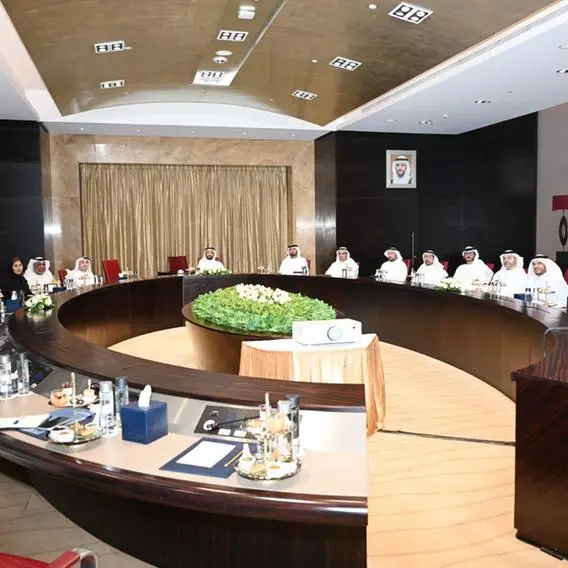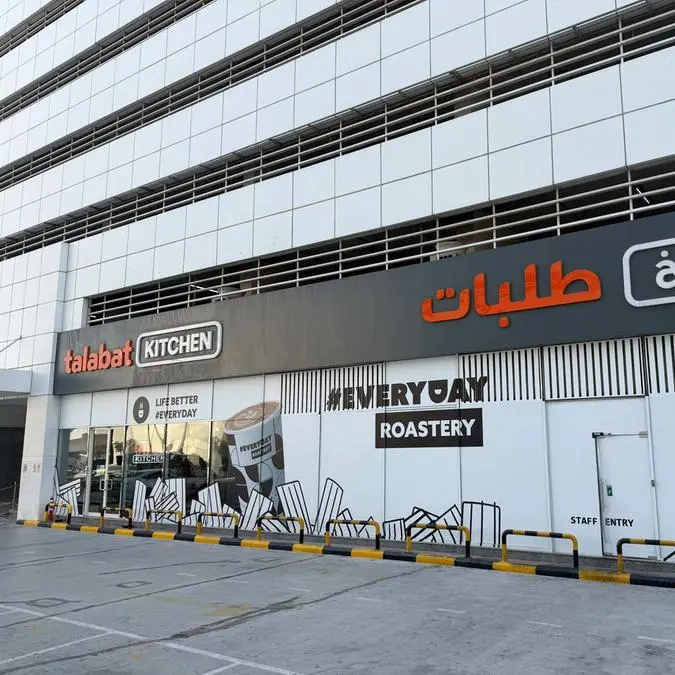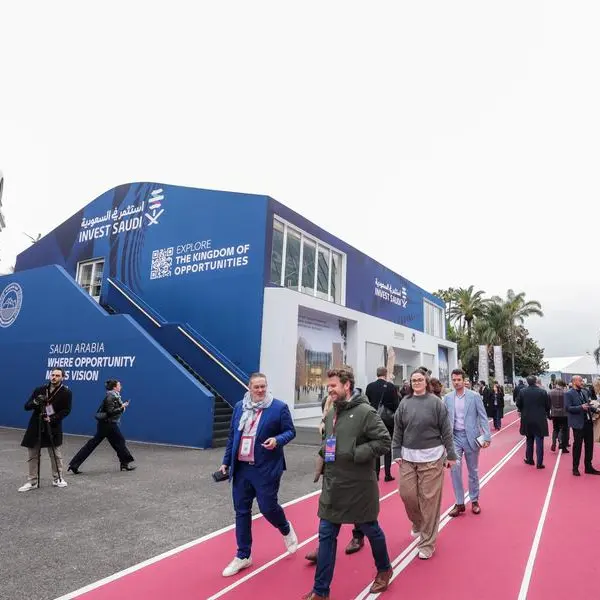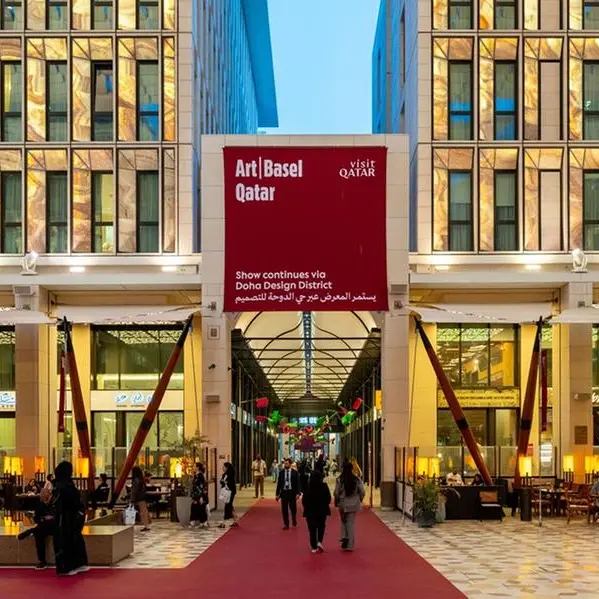PHOTO
Kuwait City's position as a leading GCC city is supported by stability and a high standard of living
Kuwait – Kuwait City ranks sixth in A. T. Kearney’s latest report ‘Global Cities of the Future, a GCC Perspective’, developed for the World Government Summit 2017. The city has achieved this position in recognition of its political engagement, as well as its competitive private sector which demonstrates an entrepreneurial spirit.
According to the global management consulting firm’s report, Kuwait City is the region’s sixth-most global city with a high rate of foreign-born residents, giving the country a well-rounded global perspective. The city is looking to achieve the goals set out in its five-year development plan, which focuses on strengthening its global role by maintaining strong political, economic and diplomatic influence internationally. The report additionally states that ongoing and planned infrastructure, such as an airport terminal, metro and construction in Boubyan, will further boost the city’s global appeal and encourage both business and leisure travel.
Michael Romkey, principal with A.T. Kearney and co-author of the report, stated: “Kuwait City’s strong growth in human capital and business activities are largely the result of a recent move toward political stability, evolution in the healthcare sector, and major plans for infrastructure development. This, supported by the growth of GDP per capita, demonstrates that the city is heading in the right direction towards achieving its plans to transform the country into a financial and commercial hub, while maintaining social identity and balanced development.”
On an international scale, New York, London and Paris remain unchallenged as the world’s most global cities, although the attractiveness of London as a global hub may change in the future given the Brexit vote. Meanwhile, the A.T. Kearney Global Cities Outlook identifies Melbourne, San Francisco and Geneva as cities that could make great leaps forward in the coming years, driven by changing policies and a shifting landscape.
“At a greater scale and speed than ever before, cities face unprecedented growth of human and societal needs, and at the same time look to boost their economic productivity and competitiveness to increasingly stratospheric levels to be relevant and win in the global stage. Evidently no two cities are the same, and any city looking to play in this league must define its unique position and points of sustainable differentiation and competitive advantage,” added Mauricio Zuazua, partner with A.T. Kearney and co-author of the report.
Since 2008, A. T. Kearney has been studying the factors that make a city truly global. These factors include whether the city has influence and power on the global landscape, shares ideas and values that impact other cities, and if the city is attracting capital and talent from around the world. The Global Cities of the Future report provides a unique assessment of the global engagement for major GCC cities, measuring how engaged each city is in five dimensions – business activity, human capital, information exchange, cultural experience and politics.
Michael Romkey concluded: “We expect to see regional cities implement strategies founded on increased innovation and differentiation. Successful strategies of GCC cities include critical decisions covering innovation, new business models, human capital networks, future-proof governance and connecting infrastructure.”
-Ends-
For further information, please contact:Anja Vinter
A.T. Kearney
Anja.vinter@atkearney.com
Phone: +971 44575000
© Press Release 2017




















